Blood, sweat, and coffee
The backbreaking work of the coffee makers

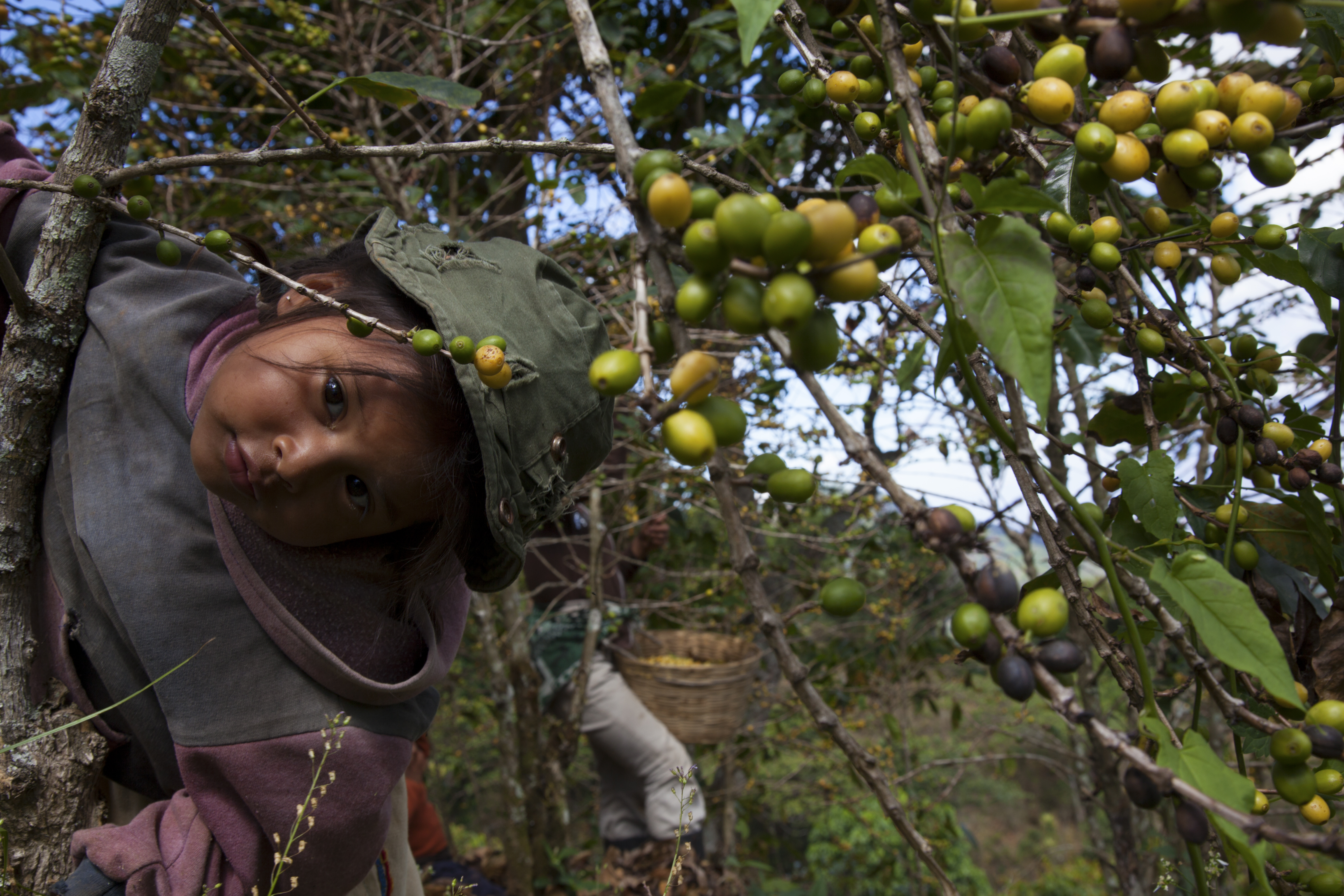
A free daily email with the biggest news stories of the day – and the best features from TheWeek.com
You are now subscribed
Your newsletter sign-up was successful
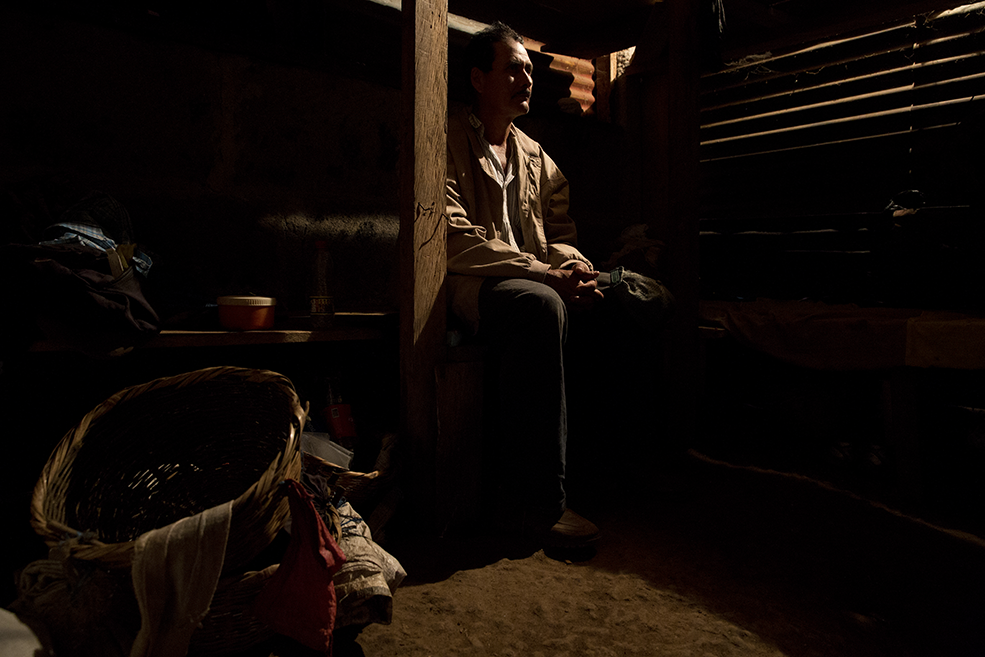

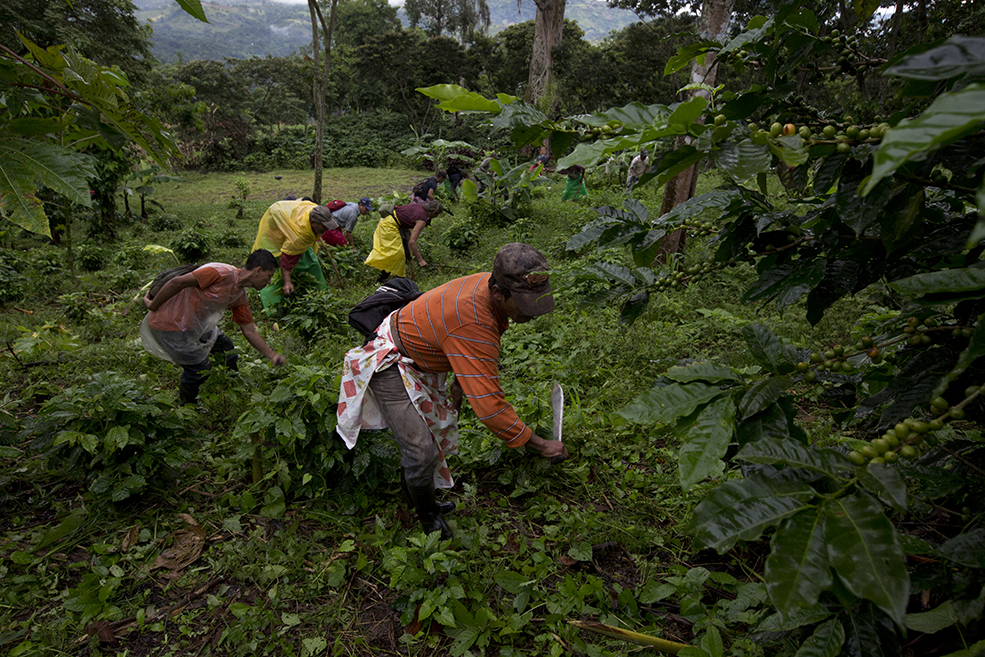
(Janet Jarman)Coffee labor is often performed by migrants who travel from poorer parts of the continent to find work on the plantations. The harvesting period lasts from roughly November to February, so workers either leave their homes for many months at a time or take their entire families with them. They eat and sleep on the estates, oftentimes in squalid conditions. "In the migrant bunk houses, which are common throughout the coffee lands, workers have very little privacy and often lack access to toilets, potable water, or a place to keep their belongings safe," Jarman says. "Some farms offer better food than others. One group felt lucky to be on a farm that offered more than just rice."One plantation can employ over 600 workers at the height of harvest, though sizes vary. Workers' ages, too, span a very wide range: Jarman met men in their 60s doing the taxing work of collecting the fruit and hauling it back. It also wasn't uncommon to see parents and children doing the same work together.

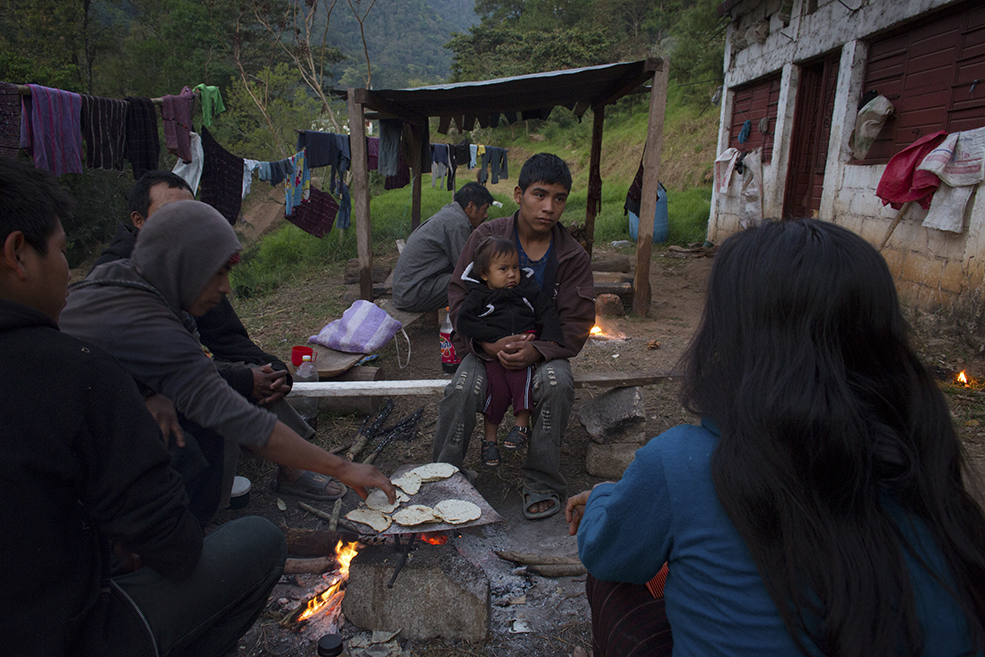
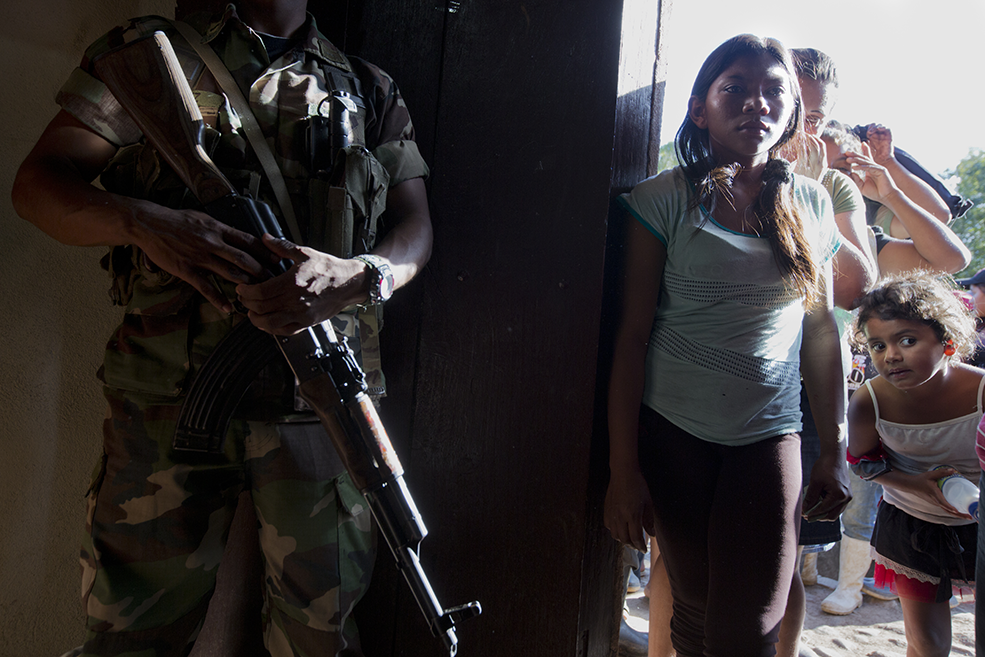
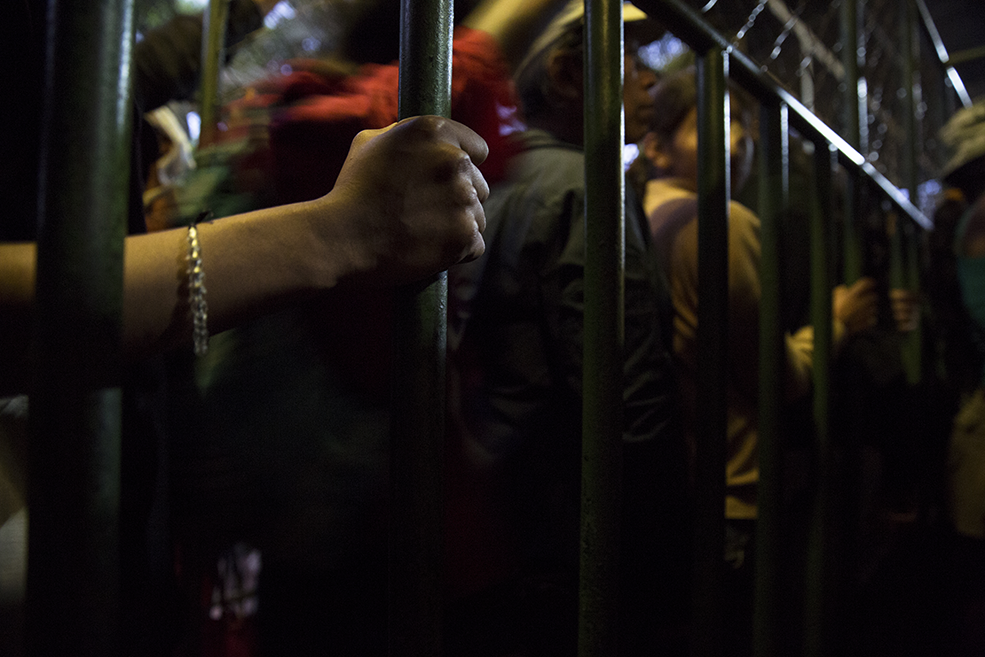
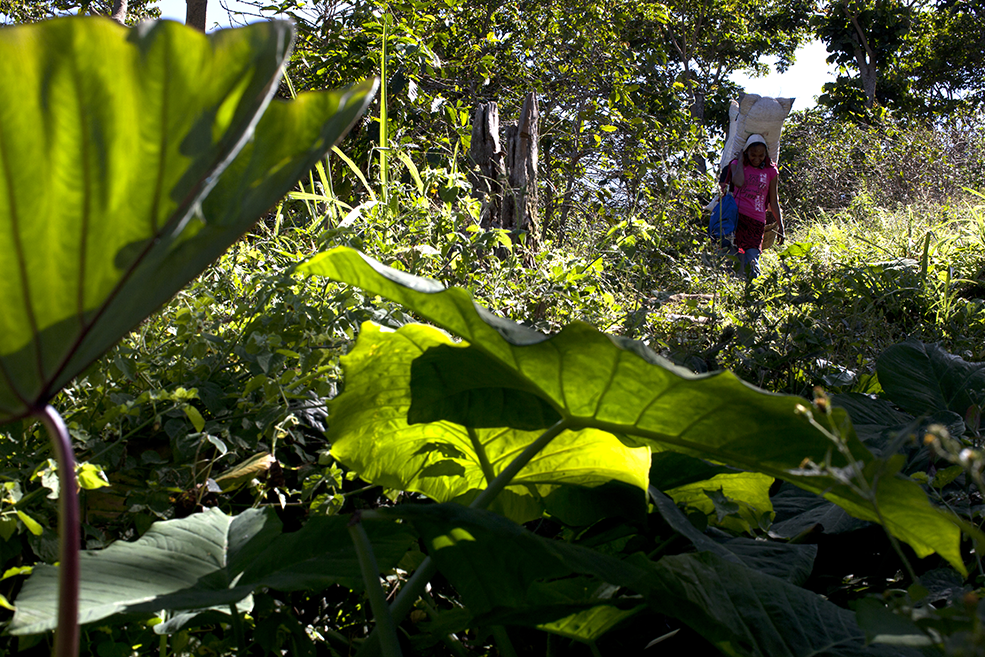

(Janet Jarman)Despite all the struggle these workers face, Jarman says she encountered a lot of people who took great pride in their craft, particularly those who ran and worked smaller farms. A lot of these people "consider growing coffee to be a true art.""Many producers and workers want their stories to be told," she says. "I vividly remember one Nicaraguan producer … [He] once told me: 'I want people to drink our coffee while imagining the family that gave them these beans through their labor.'"
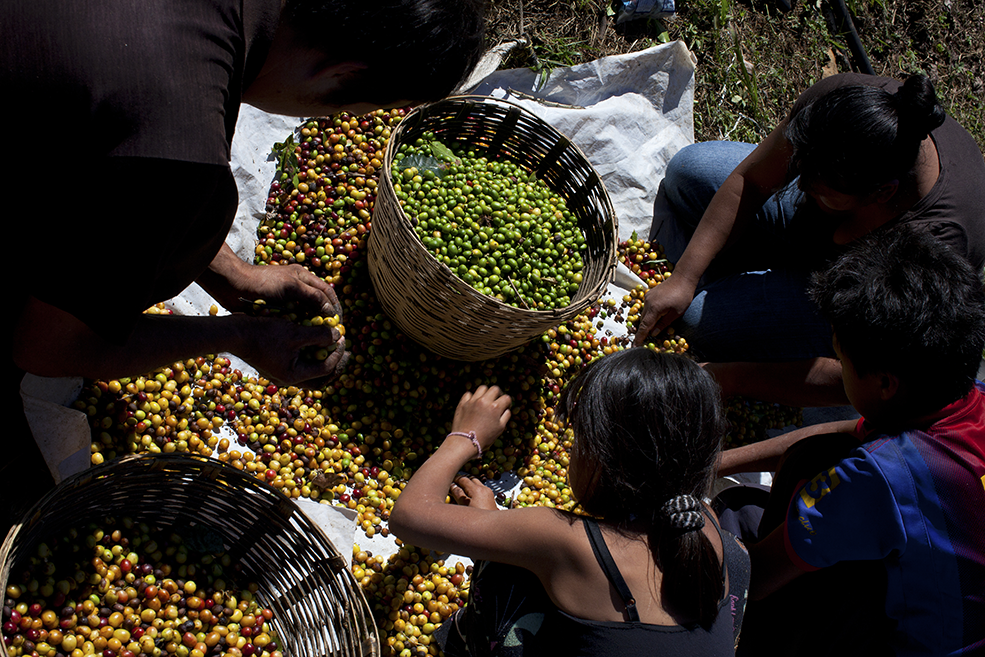
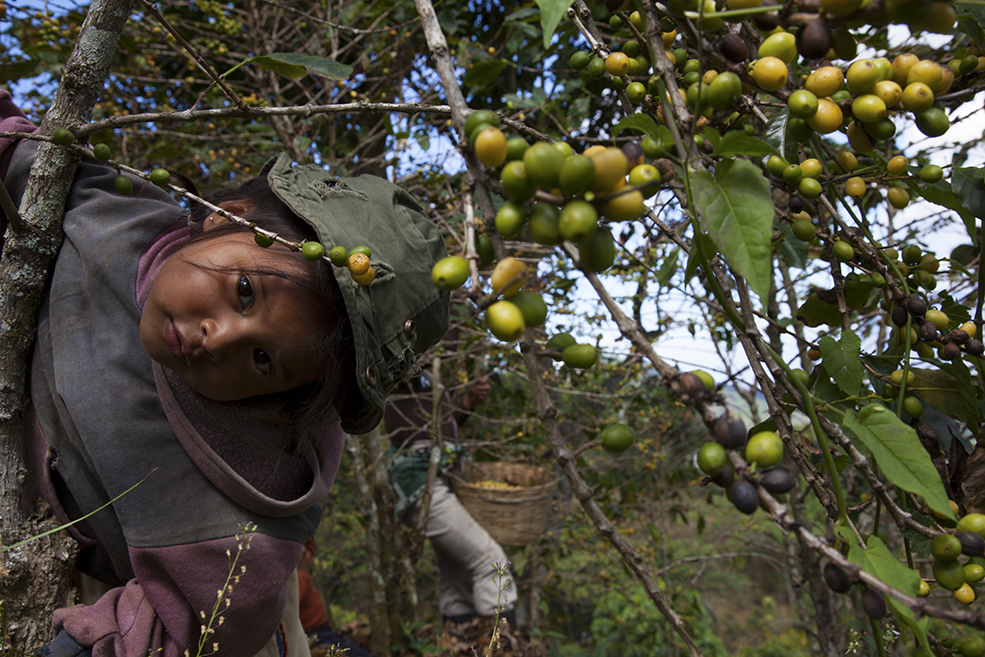
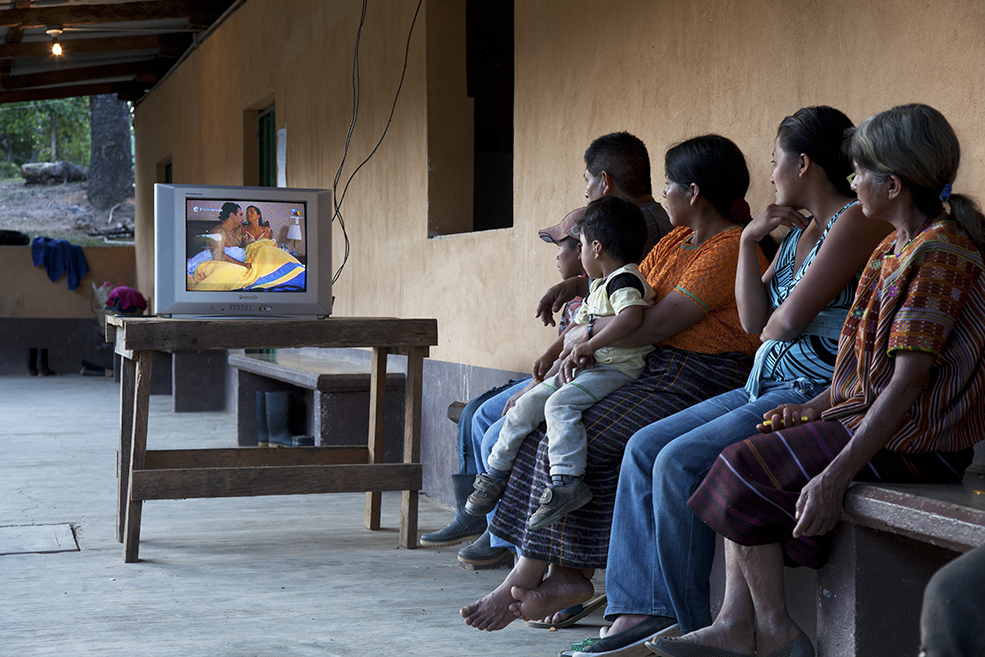
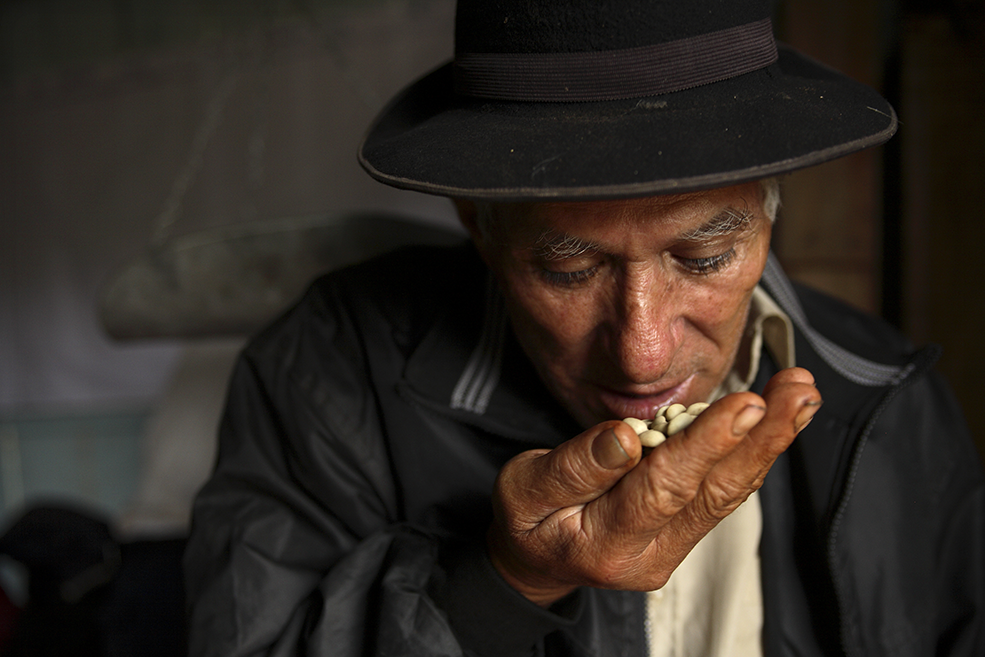
A free daily email with the biggest news stories of the day – and the best features from TheWeek.com
Kelly Gonsalves is a sex and culture writer exploring love, lust, identity, and feminism. Her work has appeared at Bustle, Cosmopolitan, Marie Claire, and more, and she previously worked as an associate editor for The Week. She's obsessed with badass ladies doing badass things, wellness movements, and very bad rom-coms.
-
 The environmental cost of GLP-1s
The environmental cost of GLP-1sThe explainer Producing the drugs is a dirty process
-
 Greenland’s capital becomes ground zero for the country’s diplomatic straits
Greenland’s capital becomes ground zero for the country’s diplomatic straitsIN THE SPOTLIGHT A flurry of new consular activity in Nuuk shows how important Greenland has become to Europeans’ anxiety about American imperialism
-
 ‘This is something that happens all too often’
‘This is something that happens all too often’Instant Opinion Opinion, comment and editorials of the day
-
 Epstein files topple law CEO, roil UK government
Epstein files topple law CEO, roil UK governmentSpeed Read Peter Mandelson, Britain’s former ambassador to the US, is caught up in the scandal
-
 Iran and US prepare to meet after skirmishes
Iran and US prepare to meet after skirmishesSpeed Read The incident comes amid heightened tensions in the Middle East
-
 Israel retrieves final hostage’s body from Gaza
Israel retrieves final hostage’s body from GazaSpeed Read The 24-year-old police officer was killed during the initial Hamas attack
-
 China’s Xi targets top general in growing purge
China’s Xi targets top general in growing purgeSpeed Read Zhang Youxia is being investigated over ‘grave violations’ of the law
-
 Panama and Canada are negotiating over a crucial copper mine
Panama and Canada are negotiating over a crucial copper mineIn the Spotlight Panama is set to make a final decision on the mine this summer
-
 Why Greenland’s natural resources are nearly impossible to mine
Why Greenland’s natural resources are nearly impossible to mineThe Explainer The country’s natural landscape makes the task extremely difficult
-
 Iran cuts internet as protests escalate
Iran cuts internet as protests escalateSpeed Reada Government buildings across the country have been set on fire
-
 US nabs ‘shadow’ tanker claimed by Russia
US nabs ‘shadow’ tanker claimed by RussiaSpeed Read The ship was one of two vessels seized by the US military
